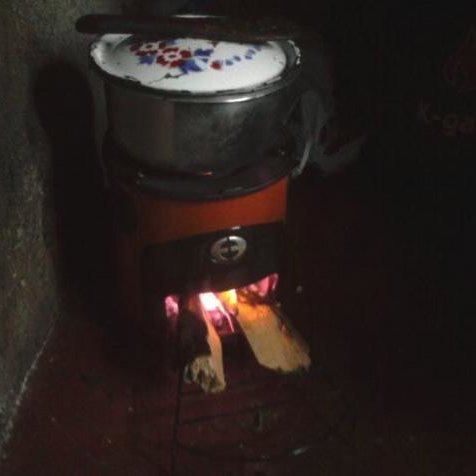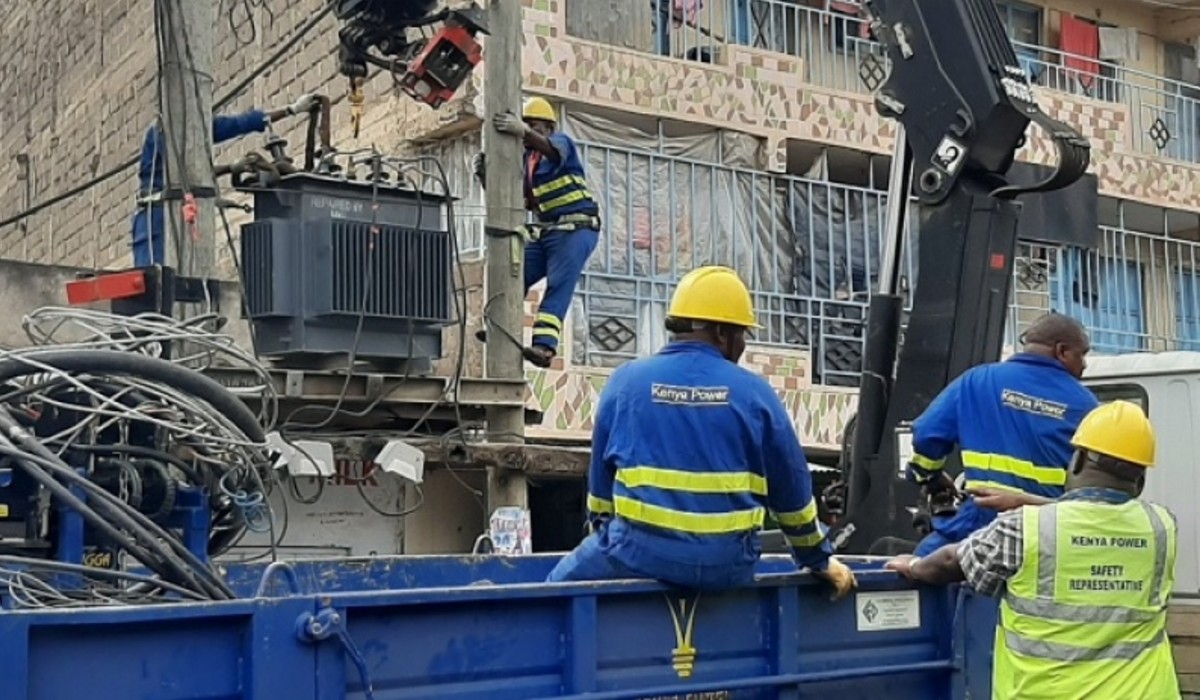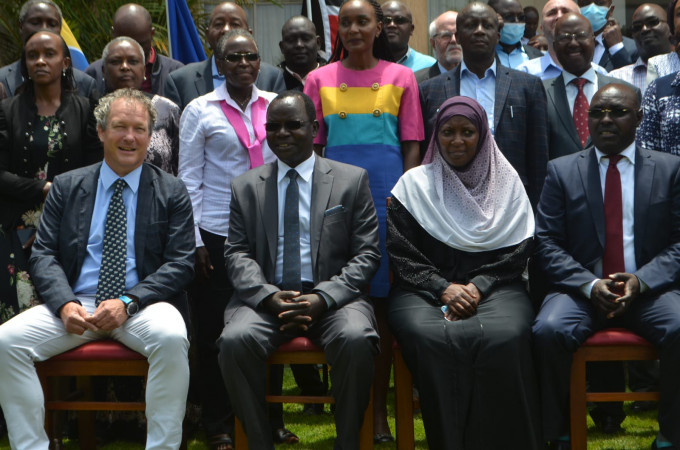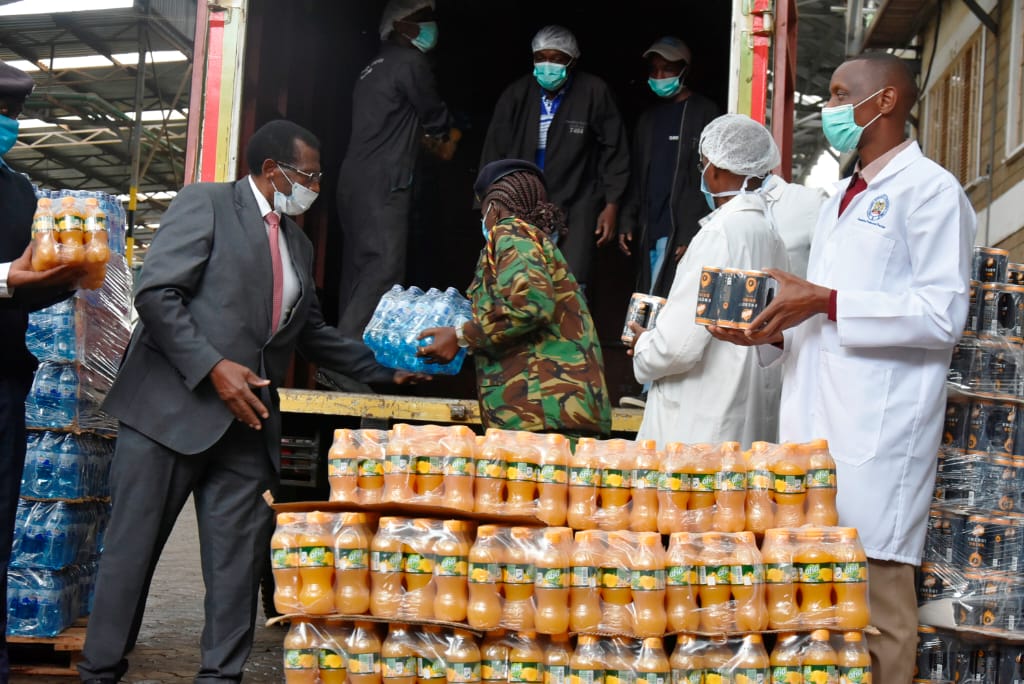State pushes strategy to phase out dirty cooking fuel

ENERGY: The government is fast-tracking implementation of the national clean cooking strategy to ensure the country hits its target of achieving universal access to clean energy by 2028.
Fast-tracked by Energy and Petroleum Ministry, the plan will guide the process of accessing clean cooking options, including setting up a delivery unit which is yet to be unveiled by the implementing agencies.
The initiative will be done with technical assistance from the UK Partnering for Accelerated Climate Transitions, GIZ-Energizing Development (Endev) and Climate Compatible Growth (CCG) among of players in the sector.
Cabinet Secretary Davis Chirchir said over-reliance on open fires and traditional cookstoves and fuels is one of the most pressing health and environmental problems that calls for urgent action.
“It is the reason why we have identified clean cooking as a national development priority by setting the target to achieve universal access to modern cooking energy services by 2028,” he said during a Clean Cooking Week forum.
The forum is organised by the Clean Cooking Association of Kenya (CCAK) and the Ministry of Energy and Petroleum annually to cut the use of dirty fuel.
Delivery unit
Clean cooking solutions such as climate-friendly biomass, biogas, bioethanol, Liquid Petroleum Gas (LPG), solar PV and electric cooking are expected to be available at the delivery unit under the plan.
Consumption of LPG in Kenya declined by about 35 per cent across six months to June 2022 on the back surge in prices.
This has pushed more Kenyan households to use dirty alternative fuels, especially charcoal and firewood, as they seek to cut spending amid the high costs of living.
Jechoniah Kitala, CCAK chairman underscored the need for all players in the clean cooking sector to fast-track the transition to clean cooking solutions.














